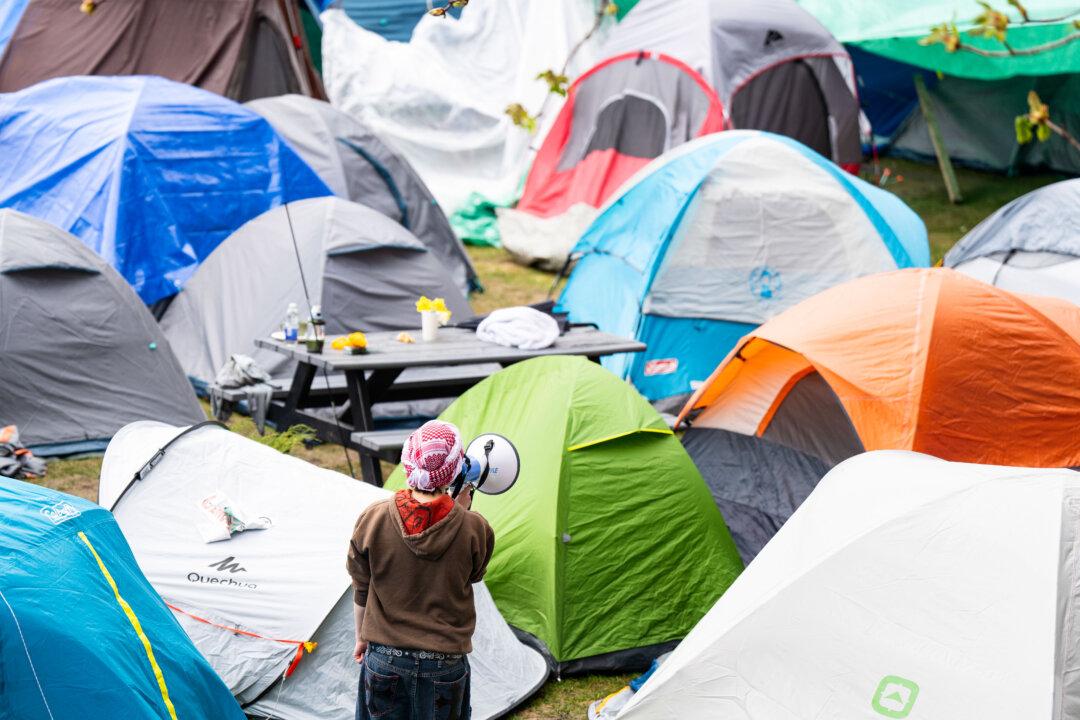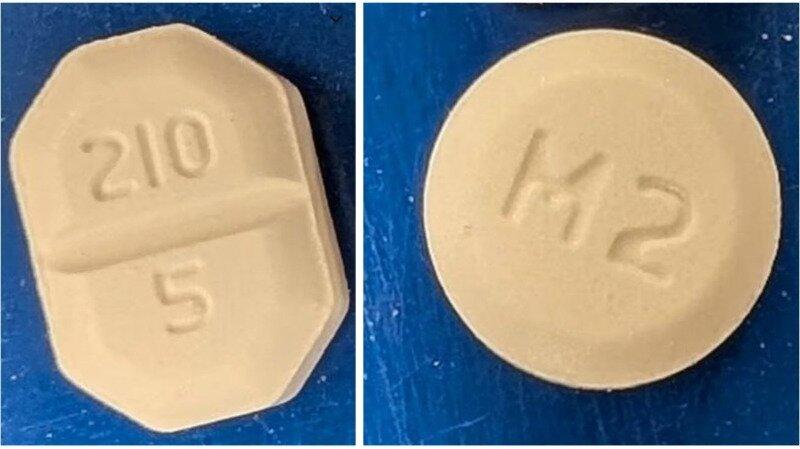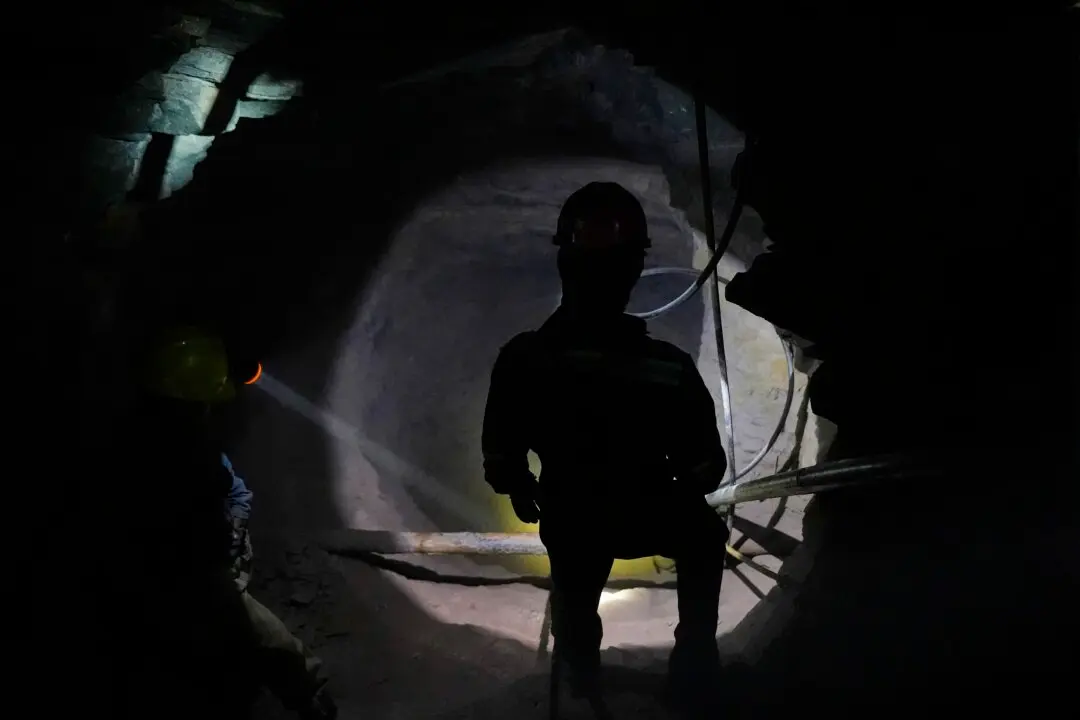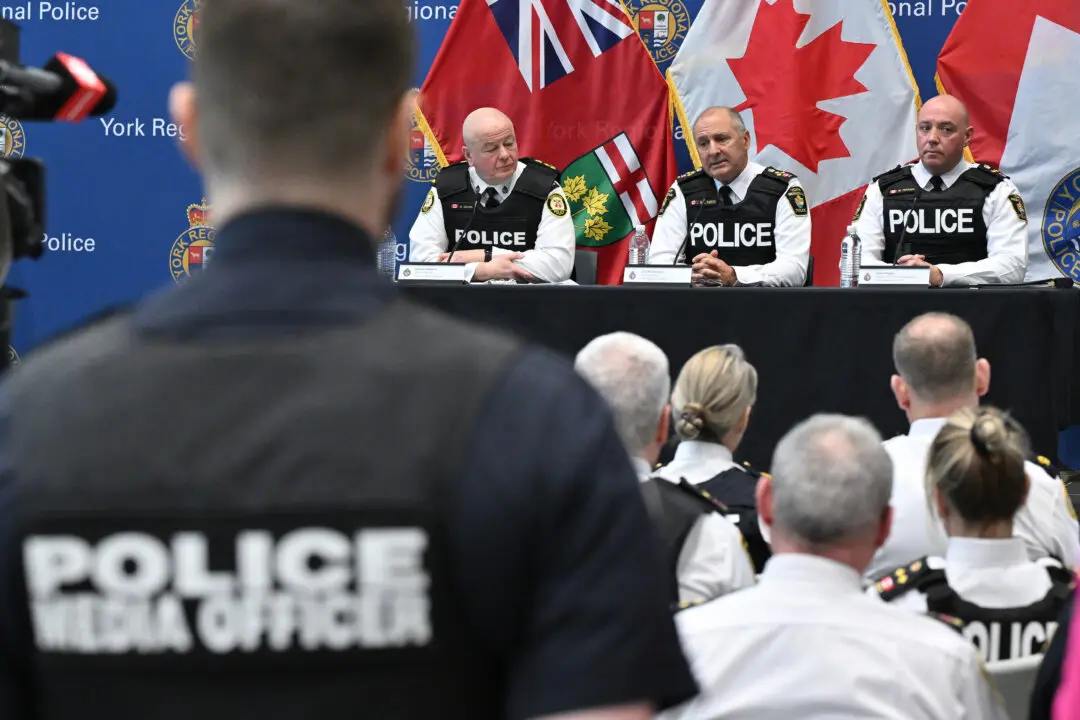McGill University closed its downtown Montreal campus July 10 so police and security personnel could dismantle a pro-Palestinian encampment that has been set up on the grounds since the end of April.
McGill President Deep Saini said the move comes in response to recent events at the camp that went “far beyond” peaceful protest, adding that safety risks have been escalating, “steadily and dangerously.”





